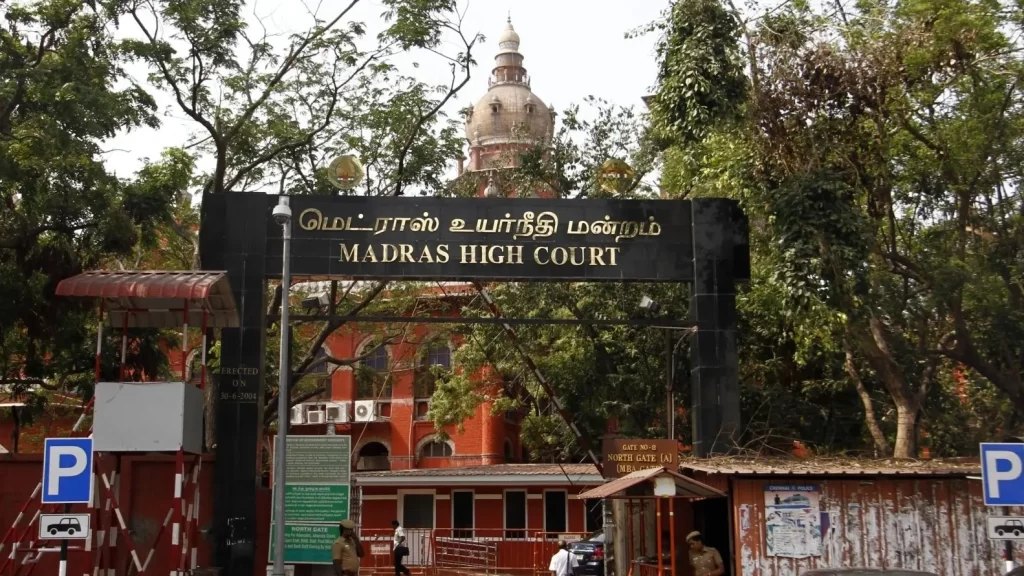Jahanvi Agarwal
Recently, the Madras High Court declared that a person’s caste cannot be a factor in the appointment of a temple priest.
The bench consisted of Justice N Anand Venkatesh, who held that the sole criteria for someone to be chosen as an archaka (priest) of a temple in Tamil Nadu should be that they are knowledgeable about the agamic (temple traditions) tenets of the particular temple and that they have received the necessary training to carry out rites at the temple.
The High Court stated that:
“At the risk of repetition, it is made abundantly clear that the pedigree based on caste will have no role to play in the appointment of Archaka if the person so selected otherwise satisfies the requirements.”
When deciding a writ case submitted in 2018, the High Court made the above-mentioned observation. The plea challenged a notification which was issued by the Executive Officer (EO) of the Sri Sugavaneswarar Swamy Temple in Tamil Nadu’s Salem district wherein it invited applicants for the position of Archagar or Sthanigar (temple priests).
In the instant case, the petitioner insisted that priests should inherit the position. Earlier, he argued before the Hon’ble Court that the notification issued infringed on his hereditary right to hold the position of the priest since he had been working at the temple in accordance with traditions and usages in the line of succession for years.
However, the High Court pointed out that the Supreme Court had ruled that the appointment of a temple priest is a secular function. As a result, it was not possible to assert a hereditary right over such an appointment.
The High Court held that:
“The Apex Court has also made it very clear that performance of a religious service is an integral part of the religion whereas the Priest or the Archaka performing such service is not so. It differentiated between the religious portion and the secular portion and held that the religious service by an Archaka is the secular part of the religion and the performance of the religious service is an integral part of the religion. Therefore, the prescription provided by the Agamas gains significance only when it comes to the performance of the religious service. Any person belonging to any caste or creed can be appointed as an Archaka provided he is a well-versed and accomplished person in the particular Agamas and rituals of the temple.”
The Court ordered the Executive Officer (EO) to issue a new advertisement for the appointment of the archaka in accordance with the proper process. Not only this but the court also stated that the petitioner is also allowed to take part in the selection process.
Case Name: Muthu Subramania Gurukkal v. The Commissioner, Hindu Religious and Charitable Endowment Department, and Ors.
Diary Number: 3997/2018
Bench: Justice N Anand Venkatesh

